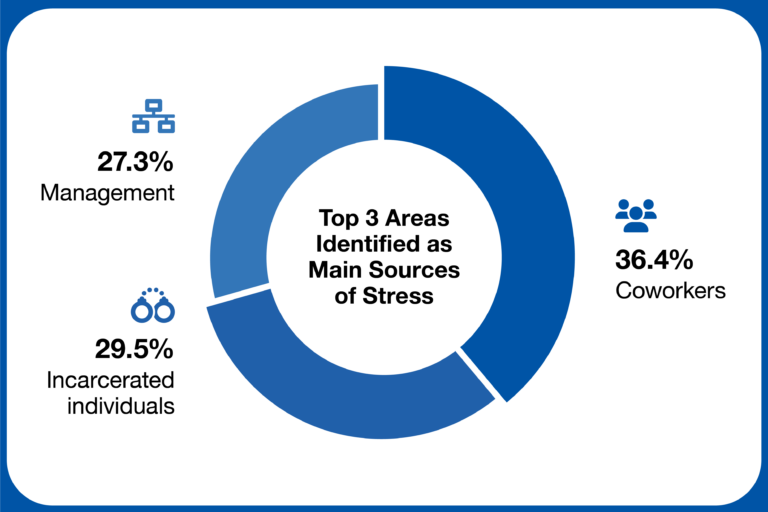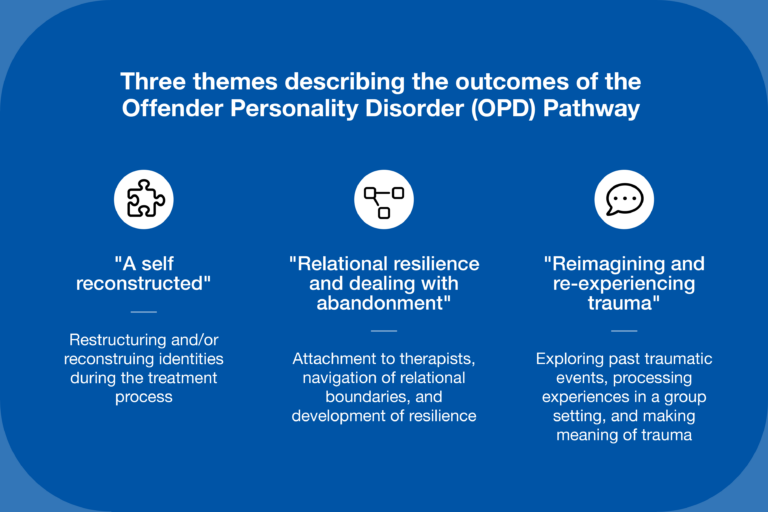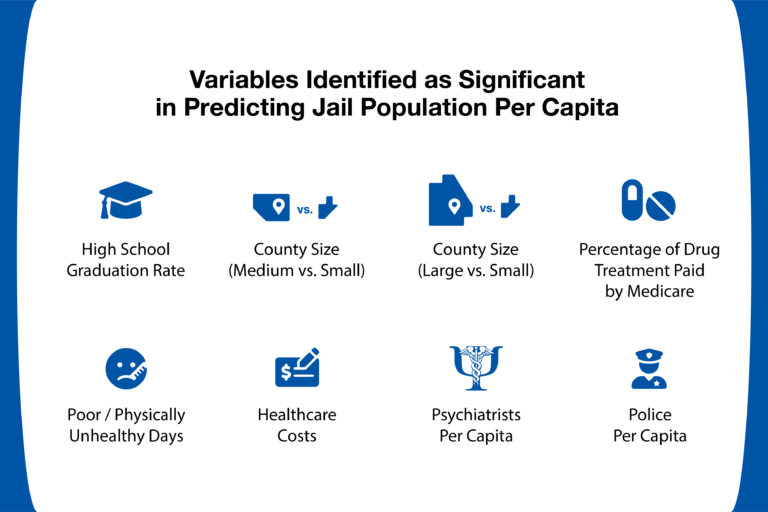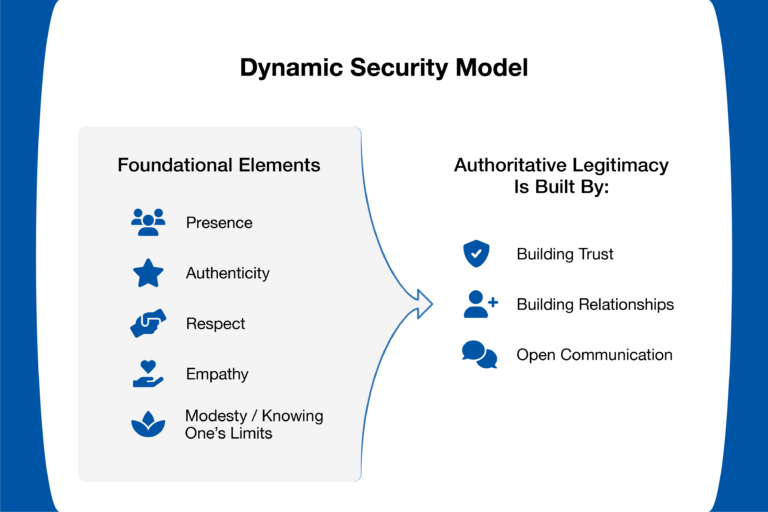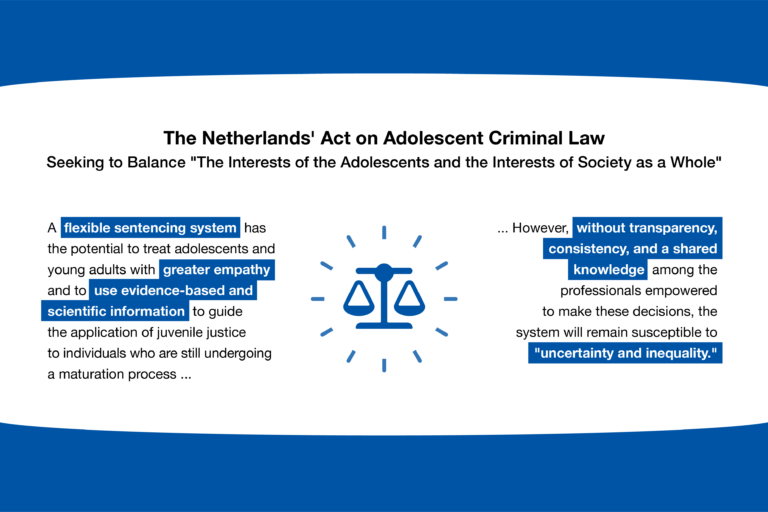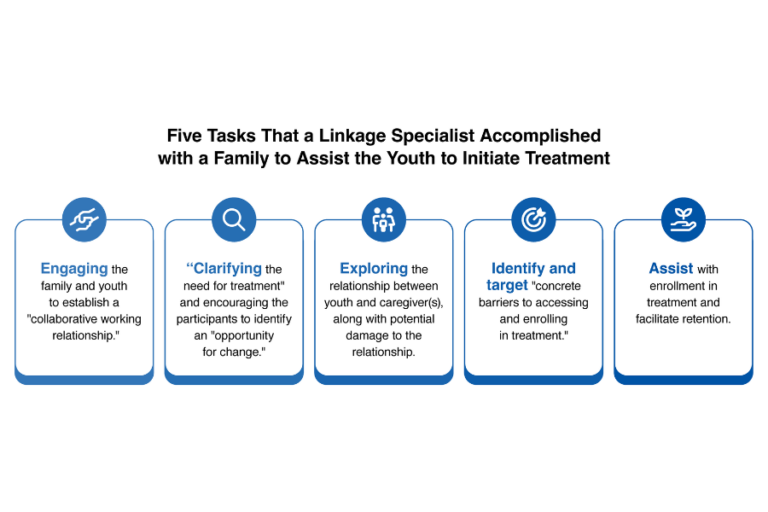A recent study published in Criminal Justice and Behavior examines how correctional officers in Canada define and experience stress within their jobs. This qualitative study, conducted by Marcella Siqueira Cassiano and Rosemary Ricciardelli, found that staff, not incarcerated individuals, were the main source of stress among those interviewed. Background "The literature on stress in correctional work is vast, primarily quantitative, and mostly based on studies conducted in the United States." Past studies on correctional officers have demonstrated that stress levels identified by those in this line of work are typically high due their "continued exposure to suffering, harm, and … [Read more...] about Research Summary: Canada’s Correctional Officers Identify Sources of Workplace Stress
Summary: New Model for Corrections Tackles Self-Injury and Suicide Prevention
A 2022 article by Robert J. Cramer, Andréa R. Kaniuka, and Lewis J. Peiper—published in Psychological Services—provides a self-injury and suicide prevention model for corrections, with the goal of providing evidence-based training and and practical guidance for correctional mental health providers. Here, we summarize the article, highlighting key elements useful for practitioners in the field. Self-Directed Violence in Corrections Self-directed violence (SDV) includes both self-injury and suicide and "is a pressing health matter in correctional settings." While suicide always carries with it the intent to terminate one's life, self-injury is intentional but nonsuicidal and can be … [Read more...] about Summary: New Model for Corrections Tackles Self-Injury and Suicide Prevention
Research Summary on Protective Factors: How Gender and Empathy Impact Recidivism Among Youth
In its May issue, Criminal Justice and Behavior published new research focusing on whether the protective factor of empathy can reduce recidivism among formerly incarcerated youth and how that might differ when intersected with gender identity. Here, we summarize the research background, purpose, design and analysis, and key findings. The original article - authored by Chelsey S. Narvey, Katherine L. Perez, Kevin T. Wolff, Michael T. Baglivio, and Alex R. Piquero - is entitled "Gender Differences in the Empathy–Recidivism Relationship" and can be accessed here. Background for the Study Empathy has long been considered by psychologists to be an important component of prosocial … [Read more...] about Research Summary on Protective Factors: How Gender and Empathy Impact Recidivism Among Youth
Research Summary: Personality Disorder Treatment for Incarcerated Populations
New research has been published in Criminal Justice and Behavior examining the efficacy of personality disorder treatment for incarcerated individuals. The study—conducted in the United Kingdom by Nicholas Blagden, Jacquie Evans, Lloyd Gould, Naomi Murphy, Laura Hamilton, Chloe Tolley, and Kyra Wardle—identified three key themes related to the impact and experience of personality disorder treatment received by those during incarceration in a high-security facility. Here, we summarize the research background, purpose, method and design, findings, and considerations for future studies. The full article entitled, "The People Who Leave Here Are Not the People Who Arrived.” A Qualitative Analysis … [Read more...] about Research Summary: Personality Disorder Treatment for Incarcerated Populations
Research Summary: How Accessibility to Behavioral Healthcare Services Influences Incarceration Rates
A recent study published in BMC Health Services Research examines how access to community-based behavioral healthcare services influences the per capita jail population. Here, we summarize the background, purpose, design, and findings of the research. The full, original article, entitled "The relationship between community public health, behavioral health service accessibility, and mass incarceration," is available here. Background Of the 10.3 million people incarcerated in U.S. jails in 2019, 45% reported a history of mental health issues. Those held in jails have been shown to meet the criteria for "serious psychological distress" at levels five times higher than the general … [Read more...] about Research Summary: How Accessibility to Behavioral Healthcare Services Influences Incarceration Rates
Research Summary: Need for Probation Staff Training on Mental Health Disorders
A recent study funded by the Confederation of European Probation (CEP) features research by Professor Charlie Brooker, University of London, and Professor Karen Tocque, University of Chester, examining the knowledge about and attitudes toward mental health disorders among probation staff in Europe. Here, we summarize the research purpose, design, and findings. The full, original article, entitled "The European survey of probation staff’s knowledge of, and attitudes to, mental illness," is available through CEP. Background for the Study Mental health disorders are much more prevalent among those within the probation system in comparison to the general population, affecting … [Read more...] about Research Summary: Need for Probation Staff Training on Mental Health Disorders
Research Summary: Norwegian Correctional Service Dynamic Security Model of Correctional Supervision
A new article in Criminal Justice and Behavior focuses on the use of a dynamic security model, which has grown in interest and application worldwide. For the article, researchers focused on the use of the dynamic security model in the Norwegian Correctional Service (NCS) and the perspective of incarcerated individuals on whether or not it has been effective in creating a rehabilitative environment. Here, we summarize the purpose, design, and results of the study, as well as recommendations for future research. What Is Dynamic Security? Dynamic security focuses on training correctional officers to use relationship building and open communication with incarcerated individuals to … [Read more...] about Research Summary: Norwegian Correctional Service Dynamic Security Model of Correctional Supervision
Benefits of Virtual Reality Training in Criminal Justice: A New Framework
As explored previously in the IACFP Bulletin, virtual reality (or VR) has proven a beneficial tool for use in correctional settings, particularly for incarcerated individuals. A recent article by researchers in Germany, published in Criminal Justice and Behavior, Volume 2, Issue 50, offered a new application for VR: virtual reality training in criminal justice settings for personnel. Here, we provide a summary of their analysis on the potential areas and applications for an open-source training VR framework under development. VR as Training Tool "The ability to create immersive virtual environments is a valuable addition to common psychological and psychiatric research methods, … [Read more...] about Benefits of Virtual Reality Training in Criminal Justice: A New Framework
Criminal Justice Reform: Netherlands Using New Approach to Sentencing Adolescents and Young Adults
A recent article in Youth Justice highlights criminal justice reform efforts in the Netherlands designed to take a more flexible approach to sentencing adolescents and young adults. Here, we summarize the reasoning behind these changes, including the challenges specific to a youth population in the justice system; lessons learned from the new procedure used by the Dutch; and potential implications for other countries in how they approach sentencing adolescents and young adults. The full article "Young Adults in the Justice System: The Interplay between Scientific Insights, Legal Reform and Implementation in Practice in The Netherlands" by va P. Schmidt, Stephanie E. Rap, and Ton Liefaard can … [Read more...] about Criminal Justice Reform: Netherlands Using New Approach to Sentencing Adolescents and Young Adults
Integration of Behavioral Health into Juvenile Justice: A Summary of the Family Connect Pilot
A recent article in Criminal Justice and Behavior highlights results from a new pilot trial program using Family Connect, an intervention designed to link youth involved in the juvenile justice system to appropriate behavioral health resources. Here, we summarize the trial parameters, the authors' key takeaways, and their recommendations for future trials of the Family Connect intervention. Context of Family Connect Substance use and substance use disorders (SUD) are more common among justice-involved youth than those in the general population, with 25% to 50% of youth involved in the juvenile justice system reporting an SUD, compared to only 10% in the general population. In … [Read more...] about Integration of Behavioral Health into Juvenile Justice: A Summary of the Family Connect Pilot
Applying Compassion to Criminal Justice Reform in Australia: Chapter Summary
For those following criminal justice reform efforts across the world, Chapter 17 in the Research Handbook on Law and Emotion provides an interesting recommendation from Australian researchers wishing to push against what they deem a punitive approach adopted by their country. "Engaging head and heart: An Australian story on the role of compassion in criminal justice reform" explores the application of a more humanistic "response to offenders" wherein compassion guides decision-making. Here, we summarize the chapter and highlight key takeaways that may be of use to practitioners in the field. Chapter Inspiration The authors begin by identifying the current process of criminal … [Read more...] about Applying Compassion to Criminal Justice Reform in Australia: Chapter Summary
The Relationship Between Perceptions of Safety and Workplace Outcomes for Community Corrections Personnel: A Research Summary
A recent article in Criminal Justice and Behavior features research examining the relationship between perceived dangerousness and fear experienced by community corrections personnel and workplace performance. The authors sought to identify predictors of perceived dangerousness and the emotion of fear, as well as the impact such experiences might have on negative outcomes for personnel. In this article, we summarize key takeaways from the study and consider how the findings might apply to practitioners in the field. Research Purpose Prior research conducted with correctional officers who work in institutional settings has shown a connection between their perceptions of danger and … [Read more...] about The Relationship Between Perceptions of Safety and Workplace Outcomes for Community Corrections Personnel: A Research Summary


